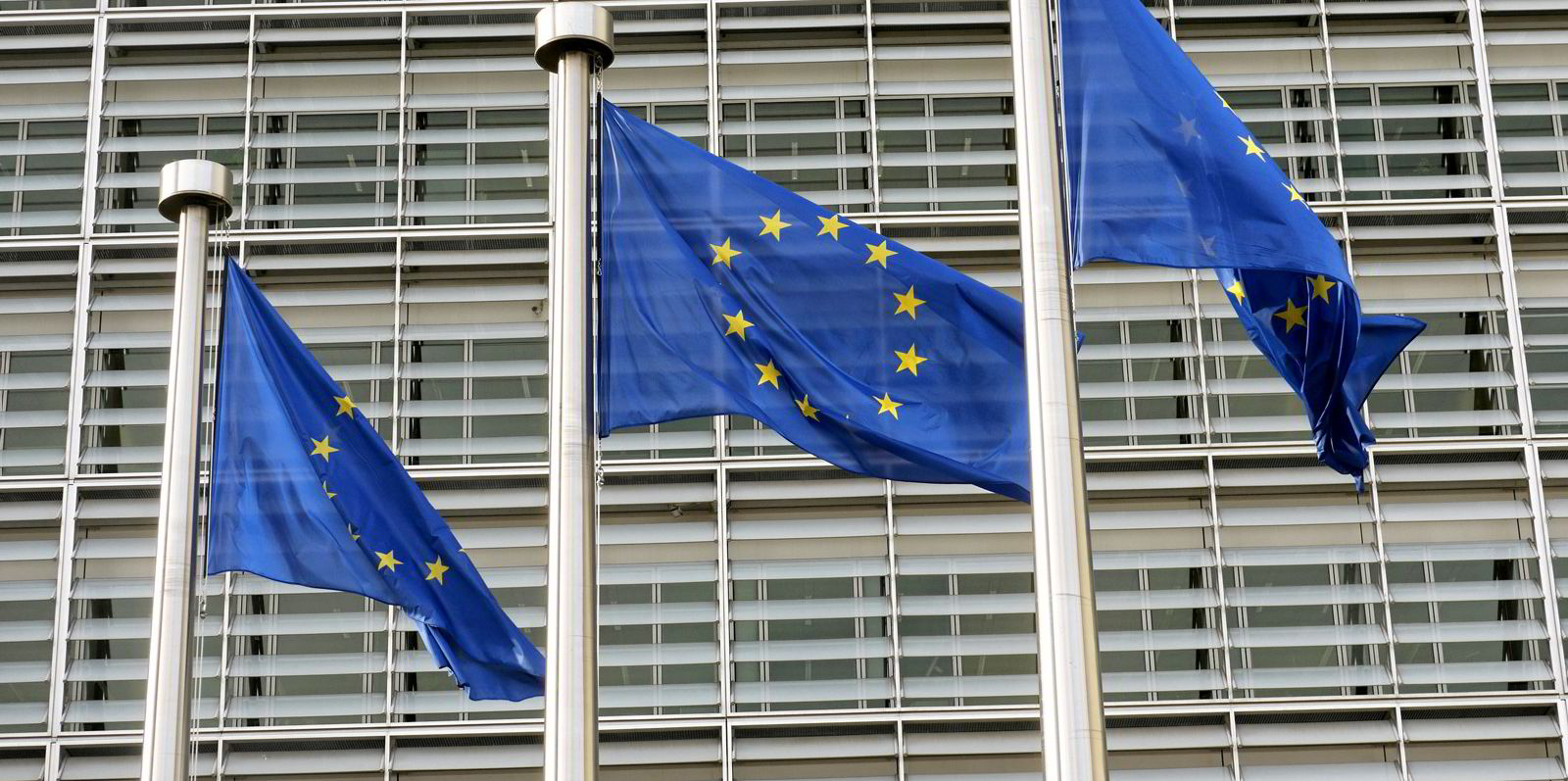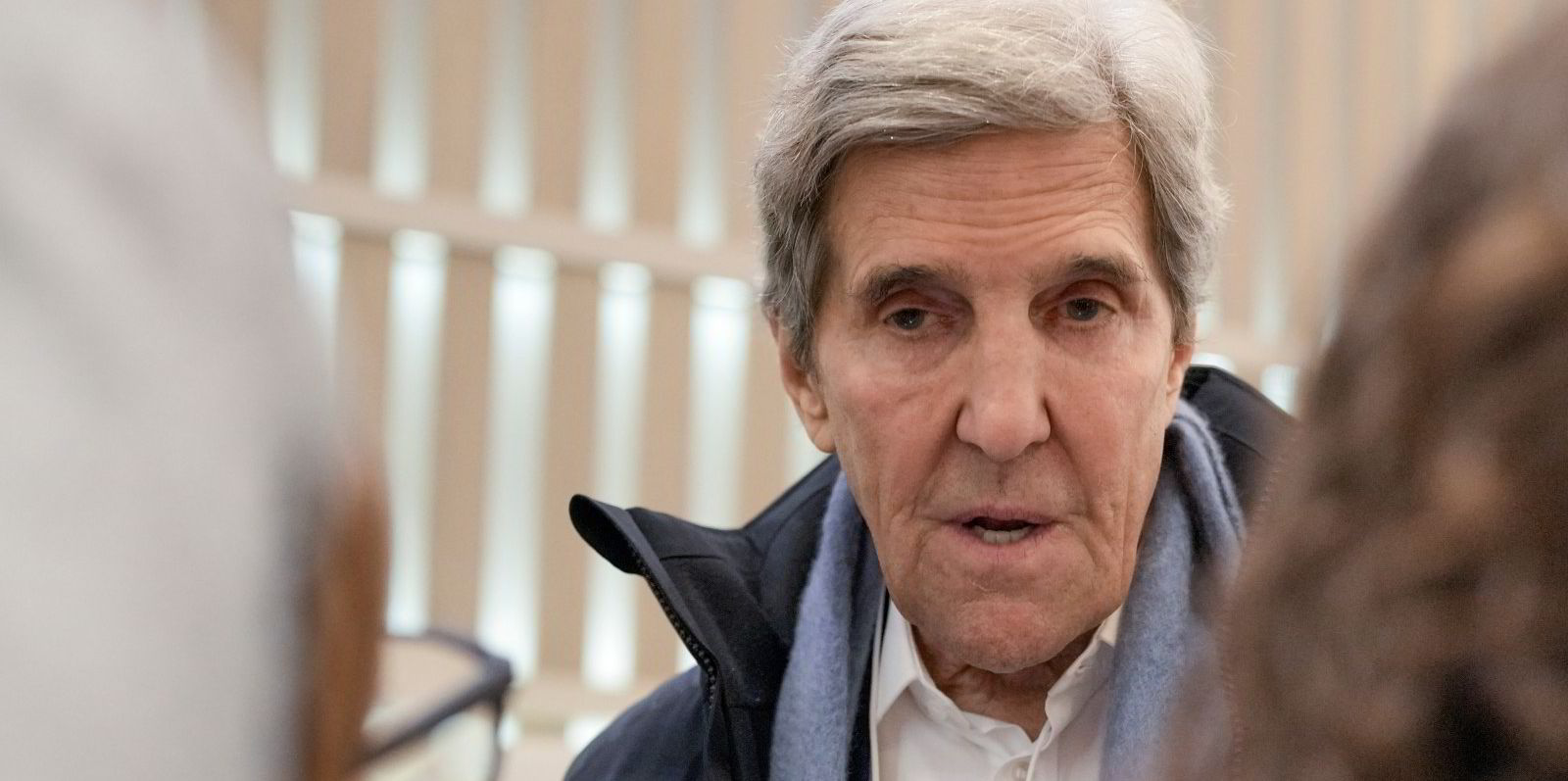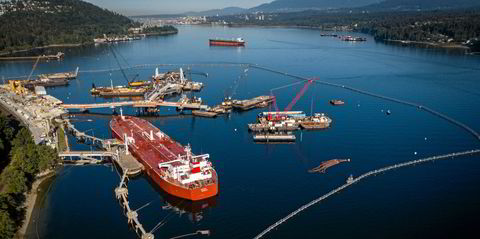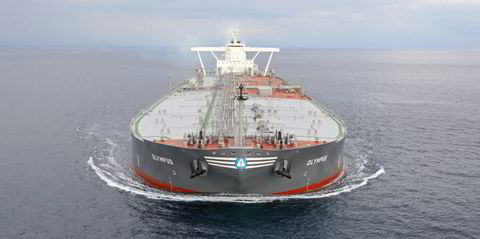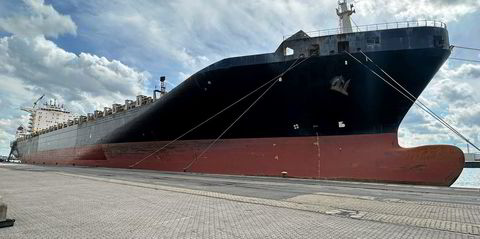Traders are fighting back against a new European Union initiative that requires shipowners to open CO2 accounts in various countries, as they describe the process as a “mess”.
Brussels has begun notifying shipowners in which European countries they need to open Maritime Operator Holding Accounts (MOHAs).
It follows the publication of a list of firms linked to ships that have called at EU ports. The vessels will be expected to visit European ports following the launch of the industry into the region’s emissions trading scheme.
Mattia Ferracchiato, head of carbon markets for BRS Shipbrokers, led the pushback against the new regime.
“It’s a mess and unfair to all, as it is happening after the Emissions Trading System has started,” he said.
Ferracchiato said one anomaly was the expectation that the EU list would be of registered owners, who could then allocate compliance responsibility to a technical manager.
This seems not to be the case, he told TradeWinds, as the list also appears to include technical managers.
There are also some companies appearing under two jurisdictions, and the selected countries do not seem to be based on a port call but also on bunker visits.
Ferracchiato cites Spain where there are 450 listed entities, of which fewer than 20 would be registered Spanish companies.
The suspicion is that ports such as Algeciras, which is a large bunker hub, have been seen as a first point of entry and the reason why some non-European companies, with no ties to Spain, have been allocated the country.
Some countries are reported to have a very bureaucratic approach to opening carbon accounts.
As a result owners in Asia, with no European presence, are being forced to fill in multiple forms to open accounts with some countries that have yet to digitalise their application process, he explained.
There is also the time allocated for this process, he added. Shipping is already in the ETS, but no owner or registered manager has been able to open an MOHA, TradeWinds is told.
A further issue Ferracchiato cited is the limited window to submit applications to open the accounts, believed to be 20 days, with member states having a similar amount of time to complete the application.
Spain, therefore, will likely see 450 international applications in the next three weeks for accounts to be opened and expected to facilitate this.
Ferracchiato added that some member states have not digitalised the account application process and applicants will need to submit numerous notarised forms.
Frederic Bouthillier, from French trading firm Vertis, told TradeWinds the MOHA is different from the normal trading account that existing European entities, such as utility firms and large energy consumers, have been using for their ETS trading.
He said European shipowners have been allowed to open up these accounts in the country they are registered in, but it is only now that the EU list has been issued that they can open the MOHA.
Early experience
Some European shipping companies have told TradeWinds they will pass the cost of the ETS allowances on to customers, with some having already built internal systems where they can trade using a normal ETS trading account and not the MOHA.
Norway’s Odfjell for example opened a normal trading account about 18 months ago to familiarise itself with the ETS, and to see how it can integrate trades with its chartering system.
It will be passing on the emissions costs to customers and wants a system to be able to do that without building up allowance liability.
